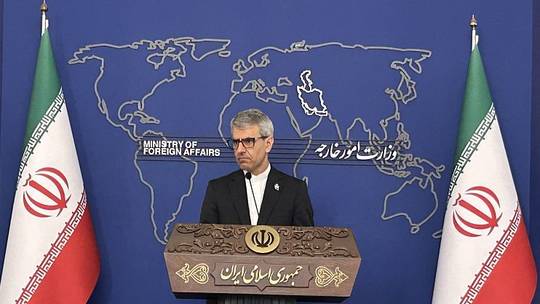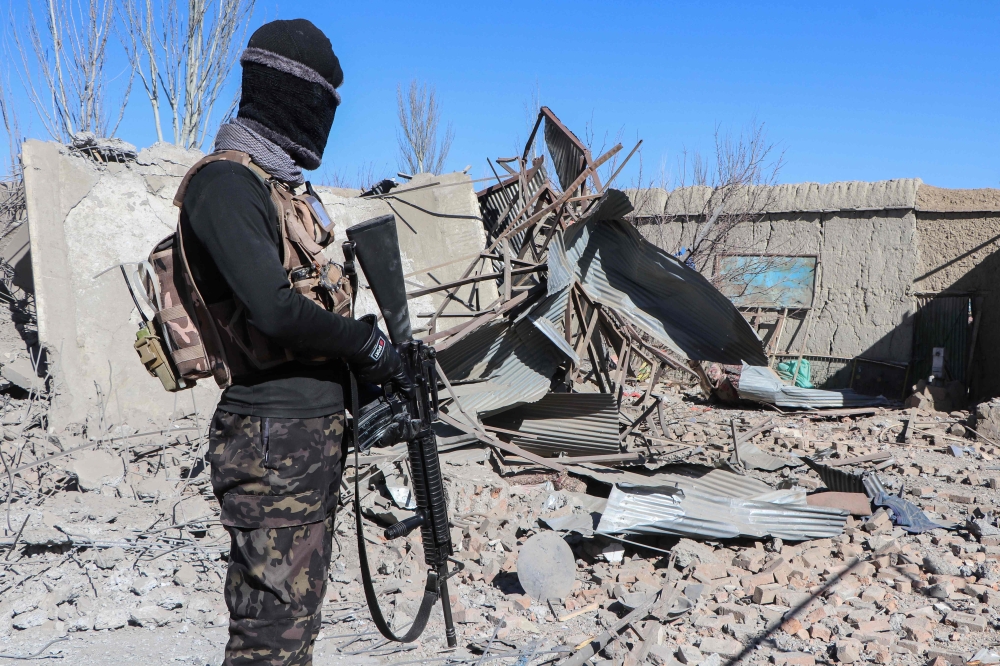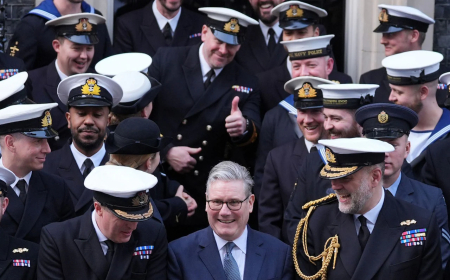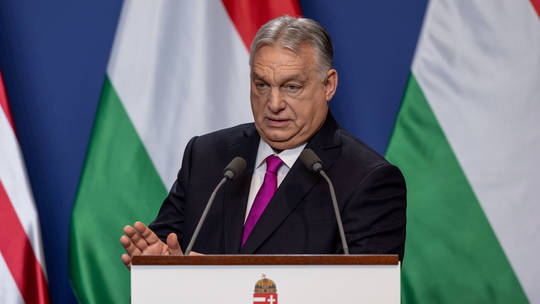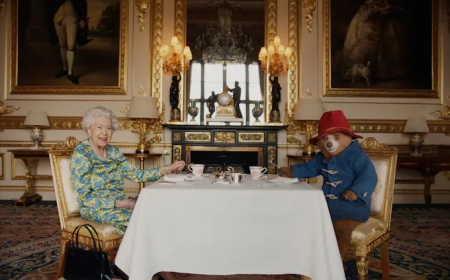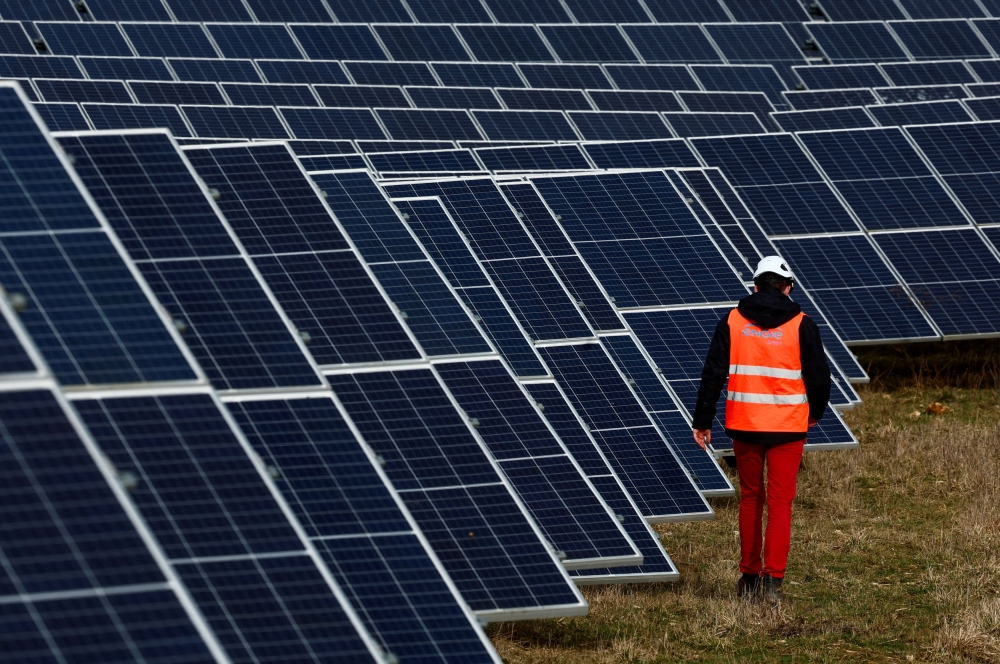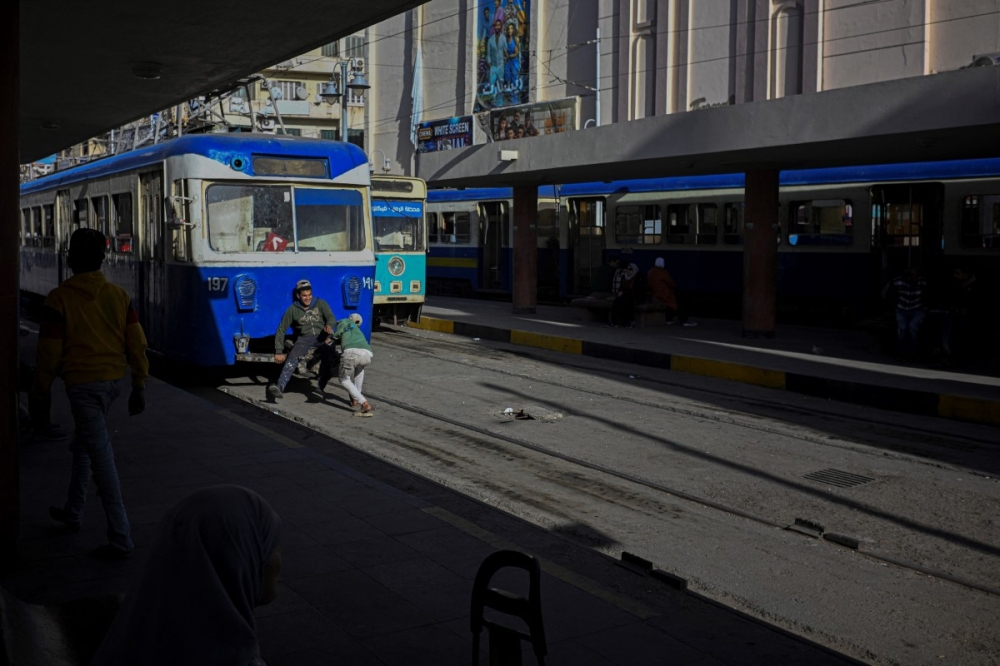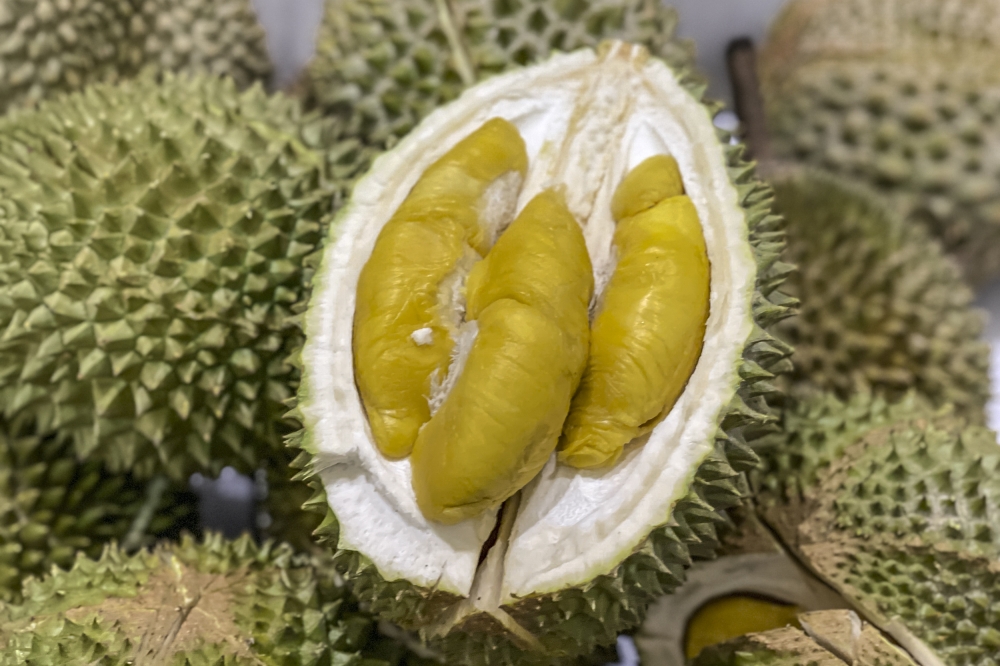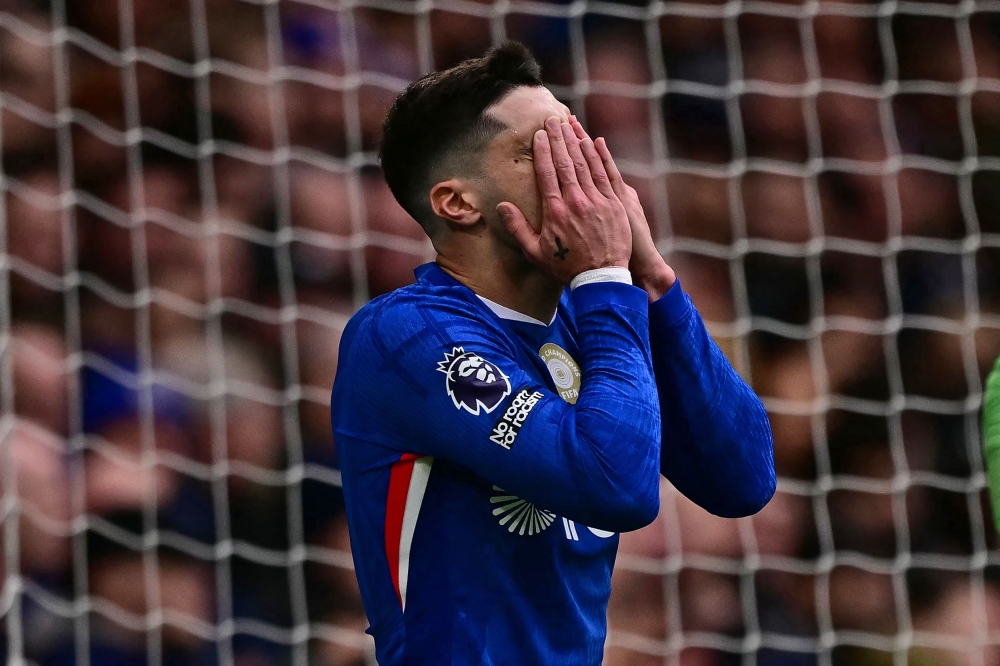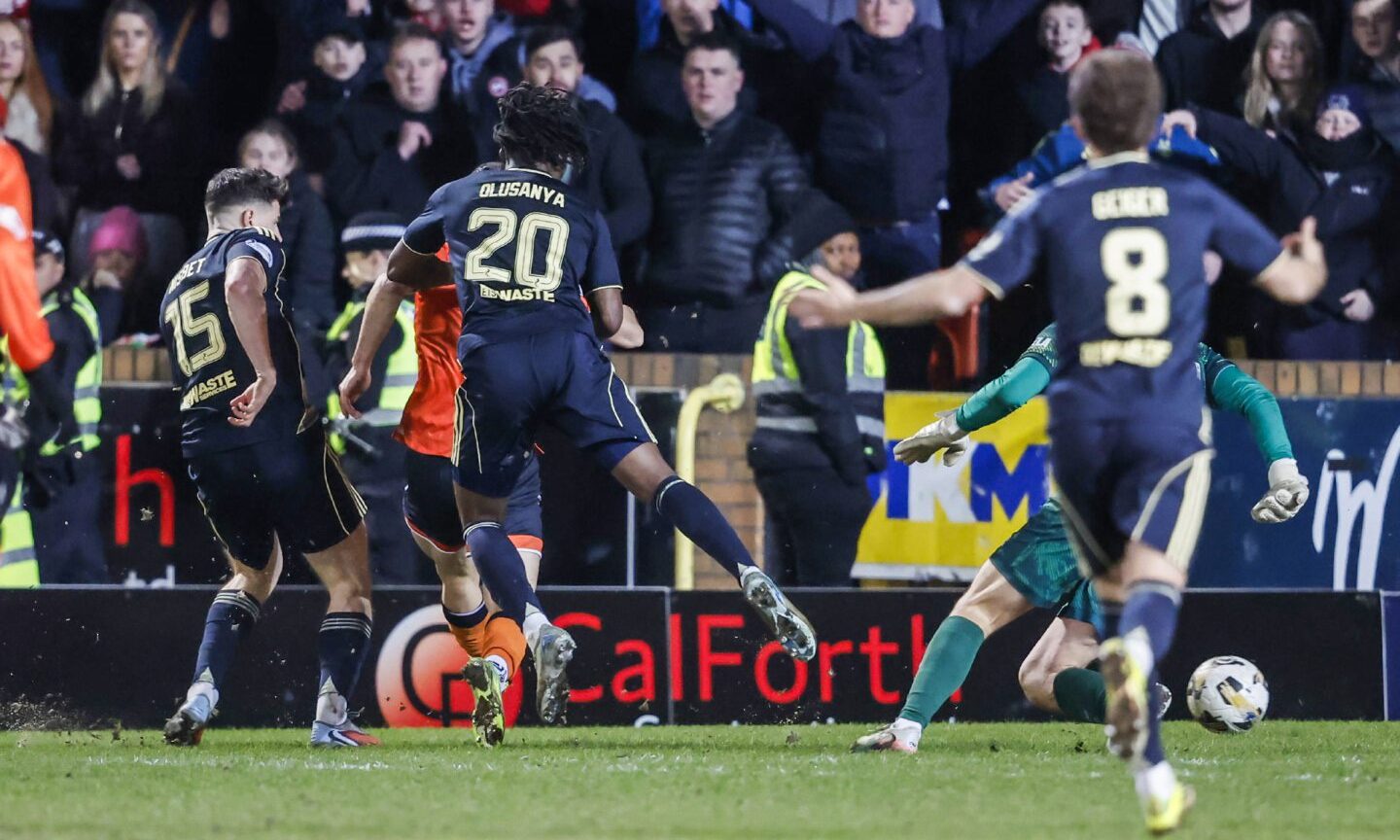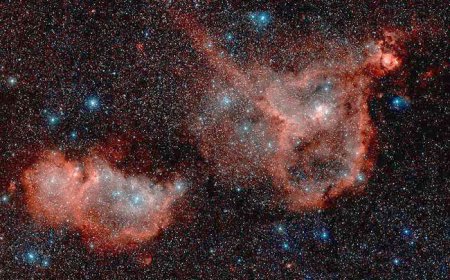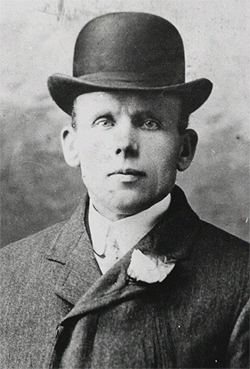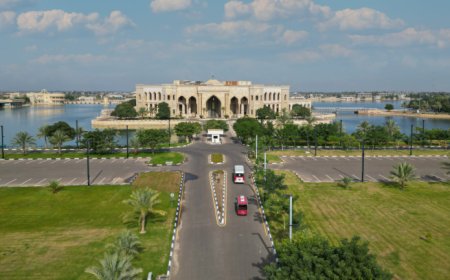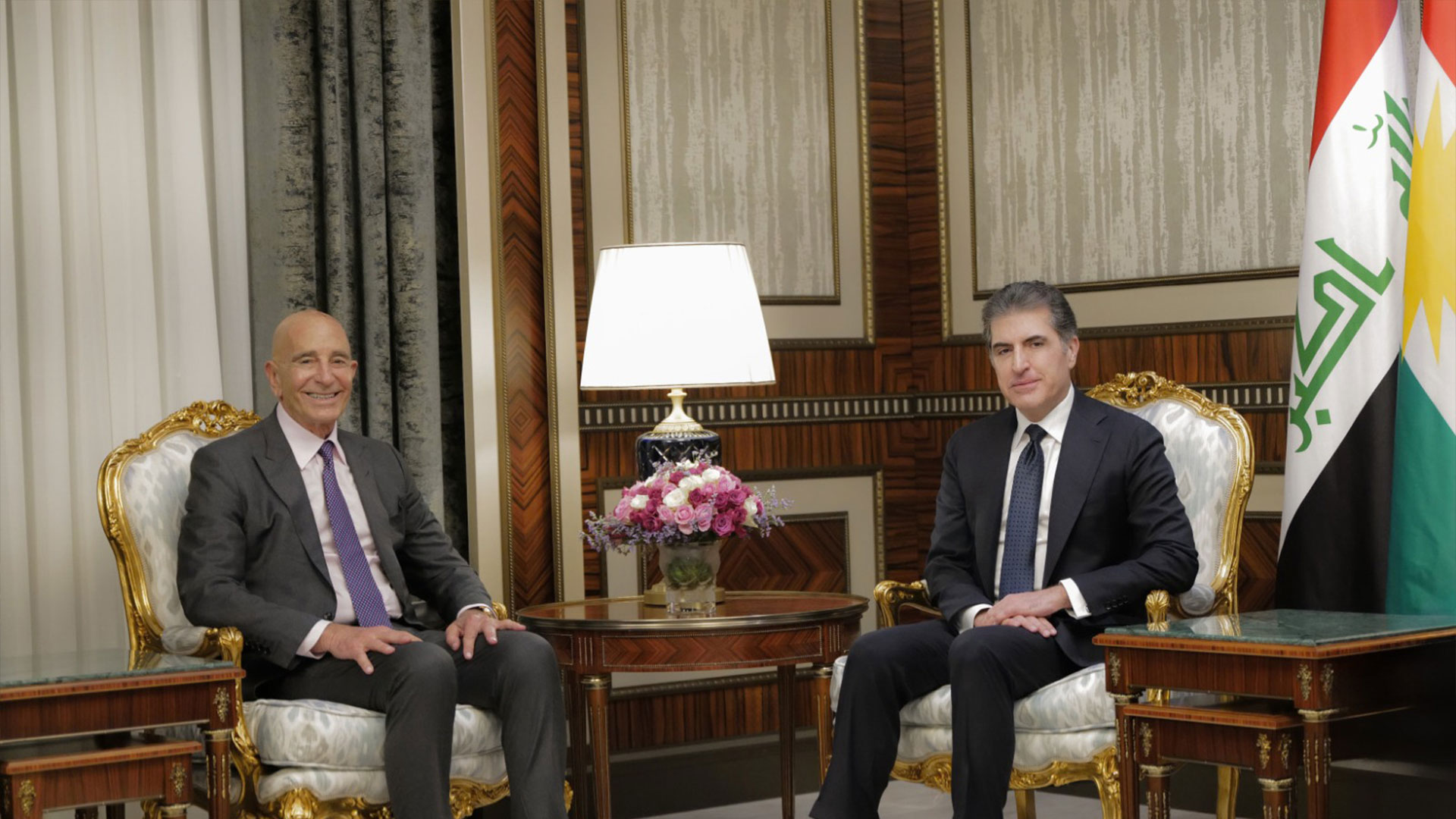Military seizes power in Africa’s first ‘narco-state’
Heavily armed soldiers claim to have arrested Guinea-Bissau’s president in an apparent coup

A group of military officers has seized power in Guinea-Bissau and claimed to have arrested the president.
The coup came a day before the West African nation, one of the poorest in the world, with a booming cocaine trade, was scheduled to announce the provisional results of its presidential election.
The tiny country, wedged between Senegal and Guinea, has been marred by political instability and rocked by at least nine coups or attempted coupssince gaining independence from Portugal in 1974.
At about 1pm GMT on Wednesday, heavy gunfire rang out near the presidential palace and national electoral commission headquarters in Bissau, the capital, lasting for about an hour.
There were scenes of pandemonium, with hundreds fleeing on foot and in vehicles amid fears of mass casualties.
Gen Denis N’Canha, head of the presidential military office, then appeared on state television to announce that Umaro Embaló, the president who had been favoured to win Sunday’s election, had been arrested.
In his speech, flanked by heavily armed soldiers, Gen N’Canha claimed to have uncovered a plan to destabilise the country “involving national drug lords” that had included “the introduction of weapons into the country to alter the constitutional order”.
In addition to halting “the entire electoral process”, he said military forces had suspended “all media programming”, closed the borders and imposed a mandatory curfew.
Mr Embaló, vying for the presidency against the top challenger Fernando Dias, was seeking to become the first president in three decades to win a second consecutive term in Guinea-Bissau.
Both sides had already claimed victory in the first round of voting.
In addition to Mr Embaló, the president’s army staff and a number of ministers have reportedly been arrested.
More than 6,780 security forces, including from the Economic Community of West African States (Ecowas) stabilisation force, were deployed for Guinea-Bissau’s vote and the post-election period.
The country’s last presidential vote in 2019 was marked by a four-month post-election crisis as both main candidates claimed victory.
Some critics of Mr Embaló, who claims to have survived three coup attempts during his time in office, speculated that the president might have orchestrated the coup himself – a ploy to avoid leaving office in the event of an electoral defeat.
The incumbent president told France 24, the French television network, on Wednesday: “I have been deposed.”
Guinea-Bissau has been called a “narco-state” by the UN, acting as a key transit point in trafficking cocaine from Latin America to Europe.
The illicit trade appeared to be thriving under Mr Embaló. In September last year, the judicial police announced they had seized 2.63 tons of cocaine from a plane that landed in Bissau from Venezuela.
In a report in Auguast, the Global Initiative Against Transnational Organised Crime said: “Bissau’s cocaine market is booming once again and has arguably become more profitable than at any point in the country’s history.”
Guinea-Bissau’s projected GDP growth for this year is 5.1 per cent, according to the International Monetary Fund.
The average yearly income for the country’s 2.2 million population was just $963 (£728) in 2024, according to the World Bank.
[Source: Daily Telegraph]
